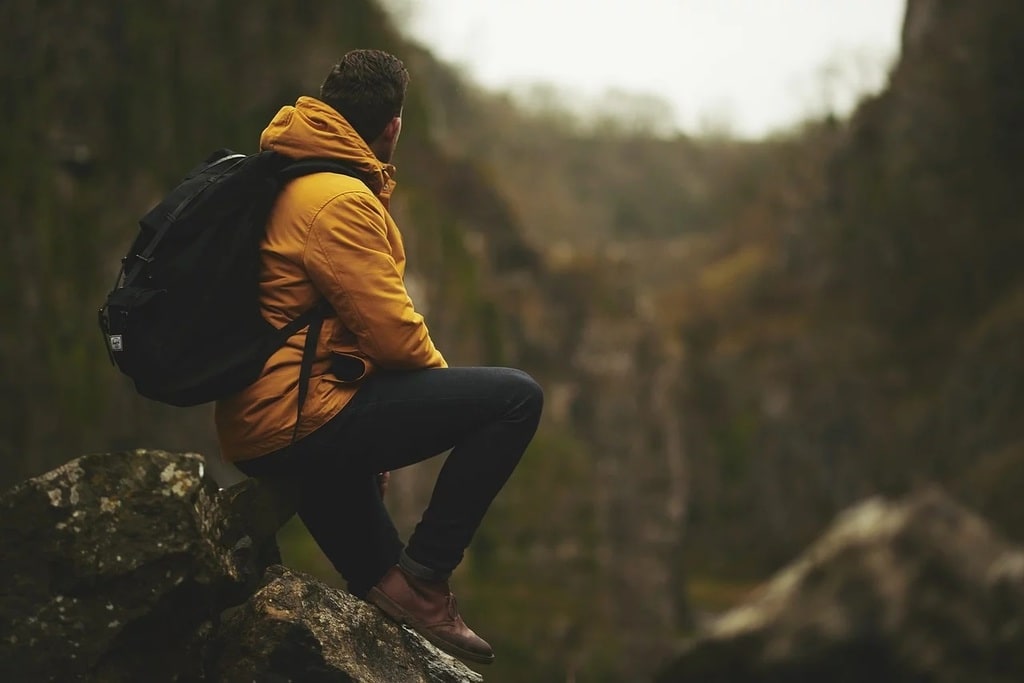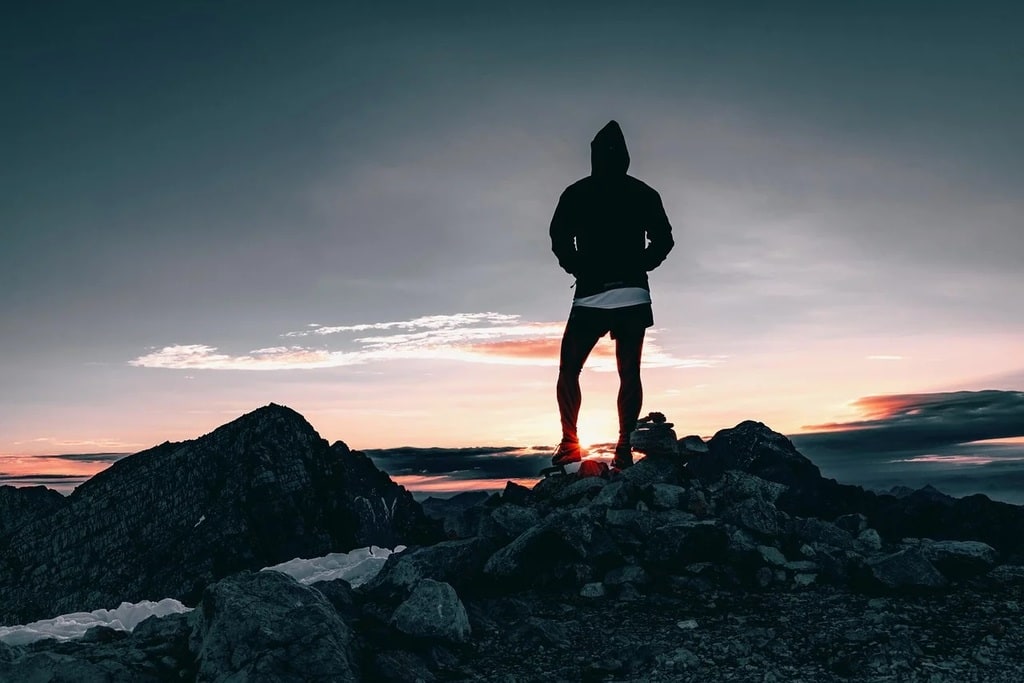Many people struggle with getting adequate sleep, often failing to recognize the myriad of lifestyle factors that can impact their quality of rest. One such factor is physical activity, which has been scientifically linked to improved sleep patterns. Among the various forms of exercise, hiking stands out as a particularly effective way to enhance sleep quality. This article delves into how hiking can be an enjoyable and natural method to achieve better sleep.
Hiking: a Pathway to Improved Sleep
Hiking is more than just a recreational activity; it offers numerous health benefits, including enhanced sleep quality. Engaging in physical activities like hiking can help regulate the body’s internal clock, also known as the circadian rhythm. This regulation is crucial for ensuring a natural sleep-wake cycle. The exposure to natural sunlight during a hike assists in resetting this internal clock, promoting a better night’s sleep.
In addition to regulating the circadian rhythm, hiking acts as a natural stress reliever. Stress is a common barrier to achieving restful sleep, and hiking provides a dual benefit of physical exertion and mental relaxation. The rhythmic nature of walking, combined with the calming effect of nature, contributes to reducing stress levels, which can lead to improved sleep patterns.
Aside from these psychological benefits, hiking also helps in tiring the body physically, which is essential for falling asleep more quickly and enjoying deeper sleep. The physical effort involved in hiking increases the duration of deep sleep, the most restorative sleep stage.

Benefits of Regular Hiking on Sleep Quality
Regular hiking has been shown to improve various aspects of sleep quality. Engaging in this activity consistently can lead to a noticeable improvement in how quickly one falls asleep, as well as the overall duration and quality of sleep. The natural setting of a hiking trail often provides a peaceful environment, conducive to mental relaxation and stress reduction.
Being in nature can also increase exposure to daylight, which is beneficial for regulating sleep patterns. Daylight exposure helps decrease the production of melatonin during the day, making its release at night more effective. As a result, individuals may find themselves falling asleep more easily and enjoying a more restful night.
Incorporating hiking into one’s routine can also provide a sense of accomplishment and satisfaction, enhancing overall mood and well-being. This positive state of mind can carry over into the night, promoting more restful sleep.
Practical Tips for Incorporating Hiking into Your Routine
For those considering hiking as a method to improve sleep, here are some practical tips to get started. First, choose a trail that matches personal fitness levels to avoid overexertion. Starting with shorter, less challenging hikes can provide a solid foundation for building endurance and strength.
Another recommendation is to hike during the morning or early afternoon. This timing aligns with the body’s natural rhythms and allows for exposure to daylight, which aids in regulating the sleep-wake cycle. Additionally, incorporating mindfulness practices during hikes can enhance the stress-relieving benefits.
- Start with easy trails and gradually increase difficulty.
- Hike during daylight hours for maximum benefit.
- Practice mindfulness to increase stress reduction.
Consistency is key, so aim to make hiking a regular part of the weekly routine. Combining hiking with other healthy lifestyle practices, such as maintaining a balanced diet and establishing a regular sleep schedule, can further enhance sleep quality.
Exploring the Connection Between Nature and Sleep
Nature has a profound impact on the mind and body, and its connection to sleep quality is no exception. The sights, sounds, and smells experienced while hiking can have a soothing effect on the mind, reducing anxiety and stress levels. These elements of nature provide a sensory experience that promotes relaxation and tranquility, both of which are conducive to better sleep.
Hiking allows individuals to disconnect from the demands of daily life, offering a mental break that can lead to improved focus and relaxation. This detachment can prove beneficial when it comes time to sleep, as it reduces the mental clutter that often hinders a peaceful night’s rest.
By engaging in hiking and embracing the natural world, individuals can find a sustainable and enjoyable pathway to enhancing their sleep quality. The combination of physical exertion, mental relaxation, and exposure to nature creates a powerful trifecta that can significantly improve sleep patterns.
